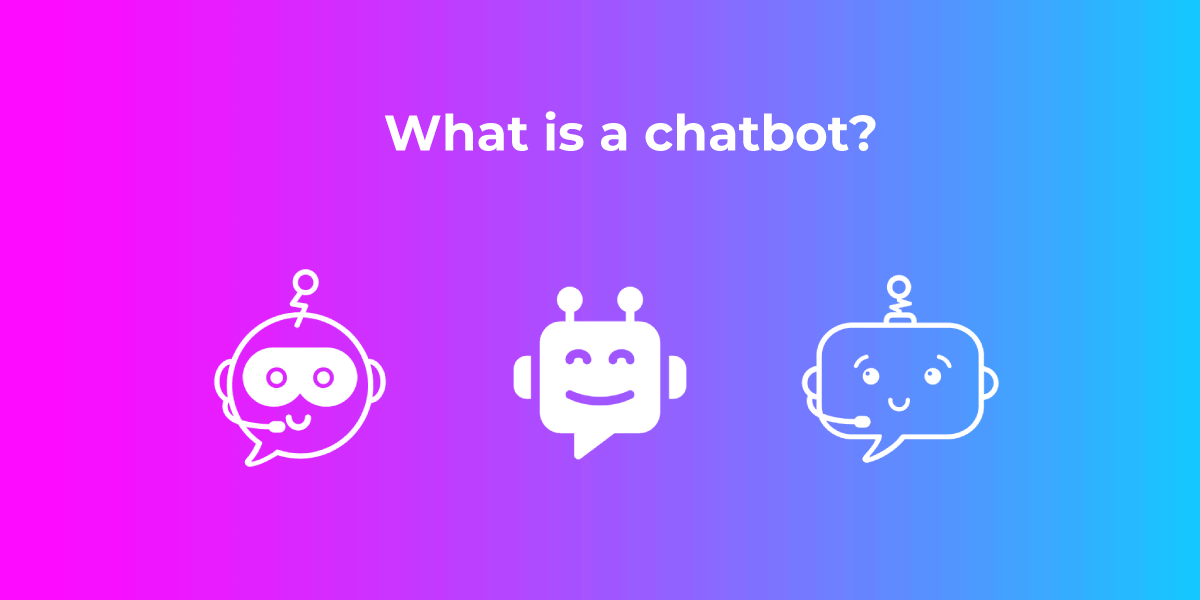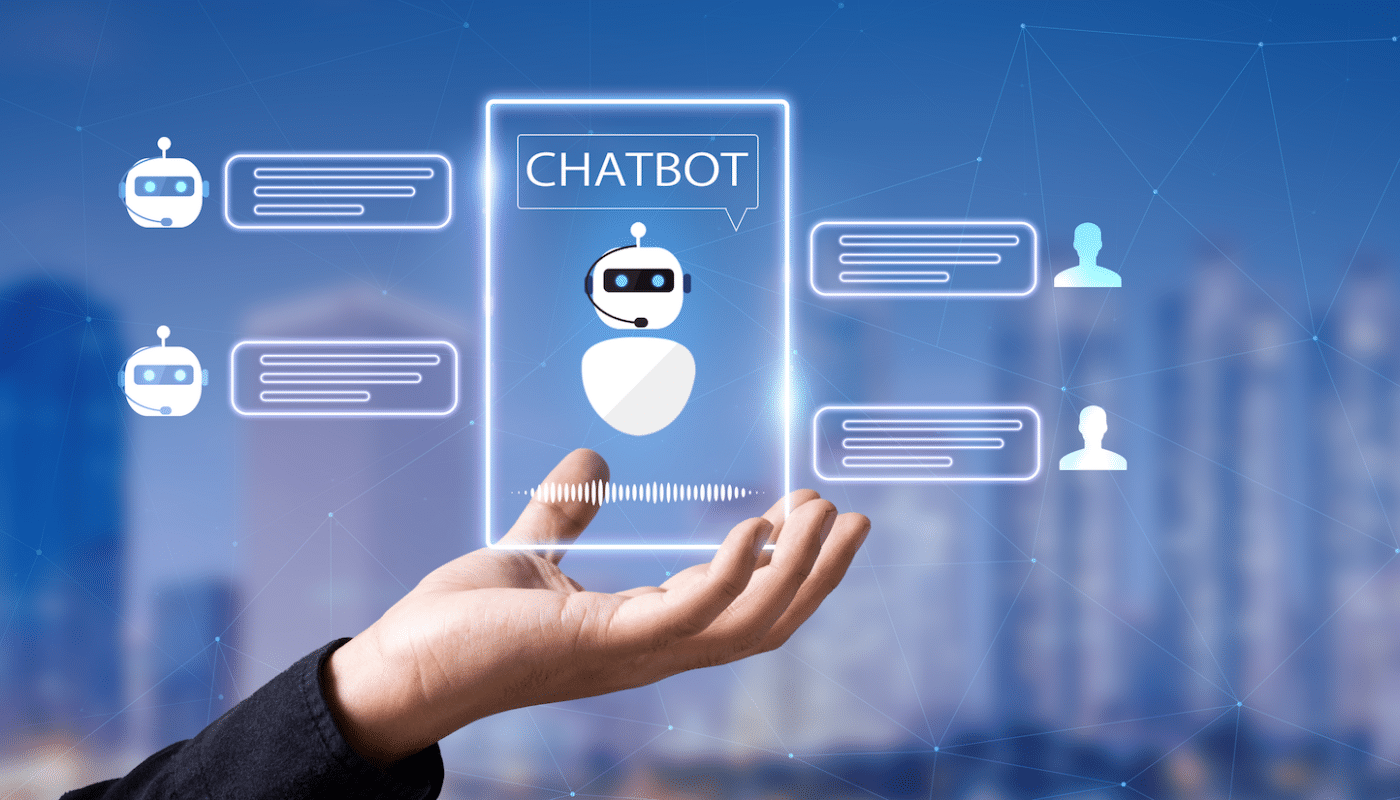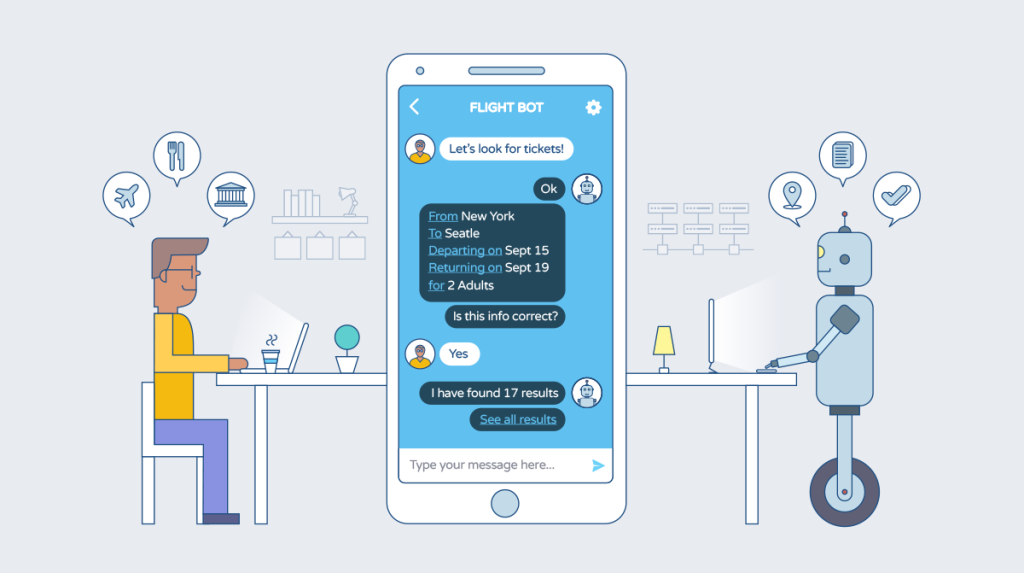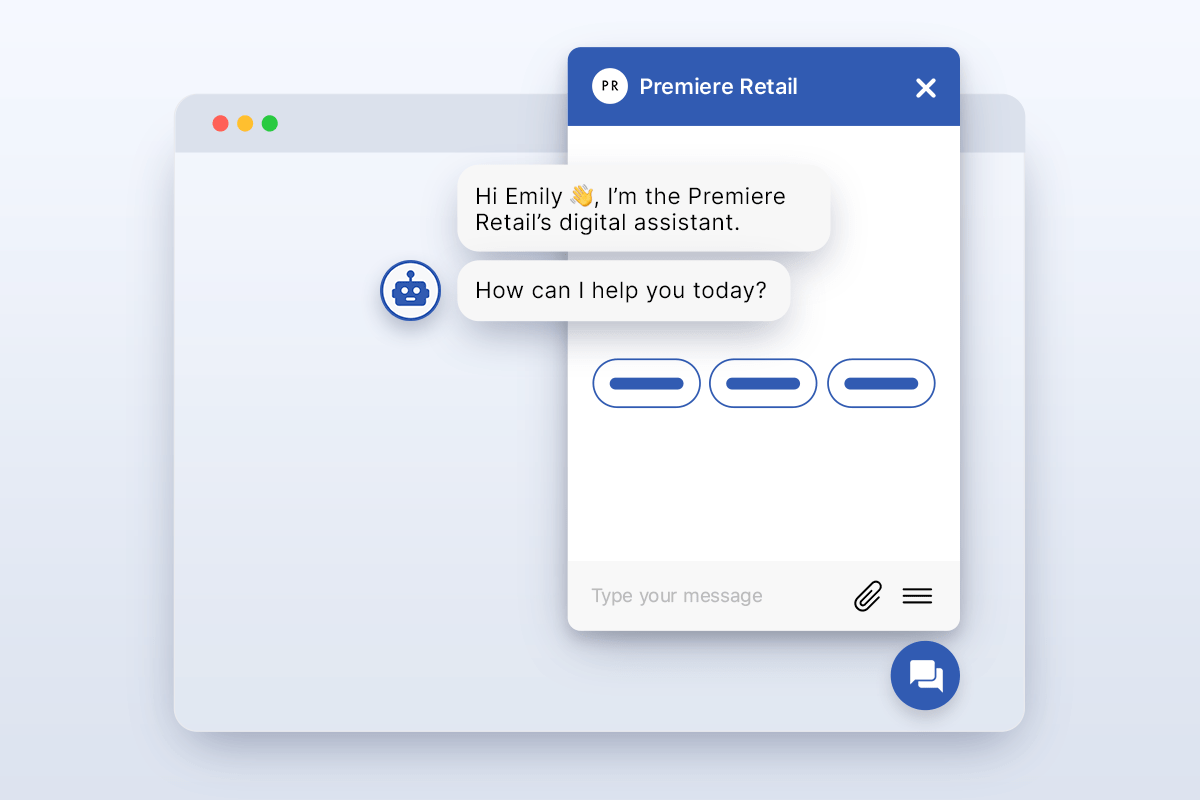
AI Lead Generation: The Future of Successful Marketing
February 16, 2024
From Cold Calls to Smart Calls: Enhancing Telemarketing with AI Technology
February 19, 2024 Artificial intelligence (AI) is significantly altering the landscape of customer support. Automated messages and visual search capabilities are among the advancements that AI-driven customer service chatbots offer, enabling companies to enhance customer support across various touchpoints in their journey.
Artificial intelligence (AI) is significantly altering the landscape of customer support. Automated messages and visual search capabilities are among the advancements that AI-driven customer service chatbots offer, enabling companies to enhance customer support across various touchpoints in their journey.
At Intercom, there is a profound integration of automation and bots aimed at substantially improving the customer experience of businesses, fostering better customer relationships, and facilitating accelerated growth. This commitment is evidenced by the development of Fin, an AI bot leveraging a combination of extensive language models, including OpenAI’s GPT-4, which autonomously resolves up to 50% of customer inquiries promptly.
This article explores the potential of customer service chatbots to enhance the customer support experience and significantly augment the efficiency of support teams. Additionally, it provides insights and case studies to inspire the creation of impactful bots based on experiences with Intercom’s clientele.
Defining Customer Service Chatbots and Their Necessity
A customer service chatbot refers to an AI-powered entity employed within a business messenger to address fundamental customer queries. These queries typically pertain to tasks like adding users or inquiries regarding pricing.
AI chatbots leverage existing resources such as FAQs or knowledge base articles to respond to and resolve customer inquiries. They possess the capability to recognize and address various formulations of the same question and can be trained to provide instantaneous responses in a preferred voice and tone.
Intercom’s Resolution Bot takes this functionality further by preemptively suggesting relevant responses as customers type their inquiries. This proactive approach results in expedited and consistent customer support while alleviating support agents from handling repetitive, transactional queries. Implementing a chatbot feature of this nature on a website is advisable under the following circumstances:
The business serves a global and expanding customer base necessitating multilingual support.
Support is required across diverse channels such as website, in-app, and social media platforms.
Continuous support availability around the clock is unattainable.
The aim is to minimize customer service expenses and explore scalable support solutions.

Pro Tip: Consider integrating targeted messaging and product tours if not already implemented. By proactively educating customers and preemptively addressing their queries, businesses can reduce support volume and enhance customer experiences irrespective of their scale.
Support Chatbots: An Aid to, Not a Replacement for, Customer Service Agents
While chatbots undeniably enhance the efficiency of customer service agents (referred to as customer support specialists and engineers at Intercom), they do not substitute their roles. Chatbots primarily expedite the resolution of straightforward queries, thereby affording support teams more time to address intricate inquiries.
AI chatbots aren’t a replacement for real human interactions, though.
- Chatbots are better at augmenting these interactions and are best utilized to simplify tasks and remove repetition from workflows.
- Human agents should handle conversations where someone is navigating a complex purchase or is feeling frustrated or confused. As advanced as natural language processing has become, it can never really offer a genuine “I’m sorry” the way a human can.
Customer service chatbots are rapidly transforming the landscape of customer experience, ushering in a new era of efficiency, accessibility, and personalization. These AI-powered assistants are revolutionizing the way businesses interact with their customers, offering round-the-clock support, instant responses, and tailored solutions to inquiries. In this blog post, we will delve deep into the impact of customer service chatbots on redefining the customer experience, exploring their advantages, functionalities, best practices for implementation, real-life examples, challenges, and the future outlook.
Gone are the days when customers had to wait in long queues or endure endless hold music to get assistance. With the advent of customer service chatbots, help is just a message away. These virtual assistants are available 24/7, ready to address queries, resolve issues, and provide guidance at any time of the day or night. This enhanced accessibility ensures that customers receive prompt assistance whenever they need it, leading to higher satisfaction levels and improved loyalty.
Moreover, customer service chatbots excel in speed and efficiency, significantly reducing the time it takes to resolve customer inquiries. Unlike human agents who may need to juggle multiple tasks simultaneously, chatbots can handle numerous queries simultaneously, ensuring swift responses without compromising on quality. This quick turnaround time not only enhances the overall customer experience but also boosts operational efficiency for businesses, allowing them to handle a higher volume of inquiries with fewer resources.

One of the key advantages of customer service chatbots lies in their scalability and cost-effectiveness. Unlike human agents whose capacity is limited by factors such as working hours and fatigue, chatbots can handle an unlimited number of inquiries without incurring additional costs. This scalability makes them an ideal solution for businesses of all sizes, from startups to multinational corporations, enabling them to scale their customer support operations efficiently as their business grows.
Furthermore, customer service chatbots offer a level of personalization that was previously unattainable through traditional support channels. By leveraging data analytics and machine learning algorithms, chatbots can analyze user preferences, purchase history, and behavior patterns to deliver personalized recommendations and tailored solutions. This personalized approach not only enhances the customer experience but also strengthens brand loyalty by demonstrating a deeper understanding of individual needs and preferences.
In terms of functionality, customer service chatbots rely on advanced technologies such as Natural Language Processing (NLP) and machine learning to understand and respond to user queries. NLP enables chatbots to interpret human language, including colloquialisms, slang, and spelling errors, ensuring seamless communication with users. Meanwhile, machine learning algorithms enable chatbots to continuously improve their responses based on past interactions, learning from feedback and adjusting their behavior accordingly.
Implementing customer service chatbots successfully requires careful planning and execution. Businesses must design conversational flows that map out various user journeys and potential conversation paths, ensuring a seamless and intuitive user experience. Additionally, training chatbots effectively is essential to ensure they can understand and respond accurately to a wide range of queries. This involves providing them with sufficient data and feedback loops to learn from, as well as monitoring and analyzing their performance to identify areas for improvement.
Real-life examples abound of businesses leveraging customer service chatbots to enhance the customer experience. Companies like Amazon, Bank of America, and Marriott have implemented chatbots to assist with tasks ranging from product recommendations and account management to hotel reservations and guest inquiries. These case studies provide valuable insights into the implementation strategies and outcomes of chatbot deployment, showcasing the tangible benefits they can bring to businesses and customers alike.
Despite their numerous advantages, customer service chatbots are not without their challenges and limitations. One of the most significant challenges is handling complex queries and emotions, particularly those that require empathy or nuanced understanding. While chatbots excel at processing straightforward inquiries, they may struggle to interpret sarcasm, detect tone, or address highly emotional situations effectively. Maintaining brand voice and consistency is another challenge, as businesses must ensure that chatbot responses align with their brand values and communication style.

Privacy and security concerns also loom large, as chatbots often handle sensitive customer information such as personal details, account credentials, and transaction history. Safeguarding this data against unauthorized access, data breaches, and other security threats is paramount to maintaining customer trust and compliance with data protection regulations. Additionally, technical glitches and system downtime can disrupt chatbot services, leading to frustration and dissatisfaction among users. Mitigating these risks requires robust infrastructure, proactive monitoring, and effective incident response protocols.
Looking ahead, the future of customer service chatbots holds great promise. As AI and NLP technologies continue to advance, chatbots will become even more sophisticated and capable of handling complex queries and interactions. Predictive analytics and proactive problem-solving capabilities will enable chatbots to anticipate customer needs before they arise, delivering anticipatory assistance that delights users and strengthens brand loyalty. Integration with Internet of Things (IoT) devices will further expand the reach and functionality of chatbots, enabling seamless interaction across connected platforms.
However, as chatbots become increasingly pervasive in customer service, ethical considerations and responsible AI development become more important than ever. Ensuring that chatbots operate ethically, transparently, and in accordance with legal and regulatory requirements is essential to building and maintaining trust with customers. By prioritizing ethical AI practices and incorporating principles such as fairness, transparency, and accountability into chatbot development, businesses can harness the full potential of customer service chatbots while minimizing risks and maximizing benefits.
In conclusion, customer service chatbots are reshaping the landscape of customer experience, offering unparalleled accessibility, efficiency, and personalization. By leveraging AI technologies such as NLP and machine learning, chatbots provide instant support, personalized recommendations, and scalable solutions that enhance customer satisfaction and drive business success. While challenges and limitations exist, ongoing advancements in AI hold promise for even more sophisticated chatbot capabilities in the future. By embracing ethical AI practices and prioritizing customer-centric design, businesses can unlock the full potential of customer service chatbots and deliver exceptional experiences that set them apart from the competition.


